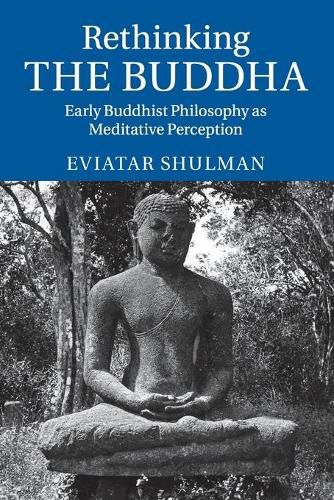Readings Newsletter
Become a Readings Member to make your shopping experience even easier.
Sign in or sign up for free!
You’re not far away from qualifying for FREE standard shipping within Australia
You’ve qualified for FREE standard shipping within Australia
The cart is loading…






A cornerstone of Buddhist philosophy, the doctrine of the four noble truths maintains that life is replete with suffering, desire is the cause of suffering, nirvana is the end of suffering, and the way to nirvana is the eightfold noble path. Although the attribution of this seminal doctrine to the historical Buddha is ubiquitous, Rethinking the Buddha demonstrates through a careful examination of early Buddhist texts that he did not envision them in this way. Shulman traces the development of what we now call the four noble truths, which in fact originated as observations to be cultivated during deep meditation. The early texts reveal that other central Buddhist doctrines, such as dependent-origination and selflessness, similarly derived from meditative observations. This book challenges the conventional view that the Buddha’s teachings represent universal themes of human existence, allowing for a fresh, compelling explanation of the Buddhist theory of liberation.
$9.00 standard shipping within Australia
FREE standard shipping within Australia for orders over $100.00
Express & International shipping calculated at checkout
A cornerstone of Buddhist philosophy, the doctrine of the four noble truths maintains that life is replete with suffering, desire is the cause of suffering, nirvana is the end of suffering, and the way to nirvana is the eightfold noble path. Although the attribution of this seminal doctrine to the historical Buddha is ubiquitous, Rethinking the Buddha demonstrates through a careful examination of early Buddhist texts that he did not envision them in this way. Shulman traces the development of what we now call the four noble truths, which in fact originated as observations to be cultivated during deep meditation. The early texts reveal that other central Buddhist doctrines, such as dependent-origination and selflessness, similarly derived from meditative observations. This book challenges the conventional view that the Buddha’s teachings represent universal themes of human existence, allowing for a fresh, compelling explanation of the Buddhist theory of liberation.